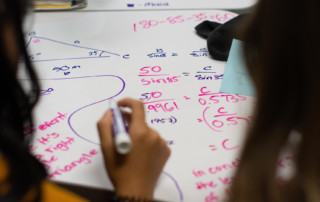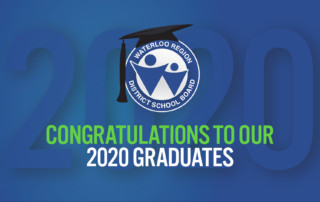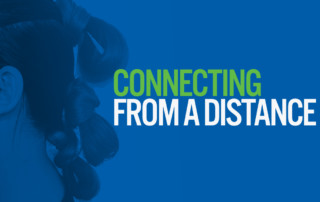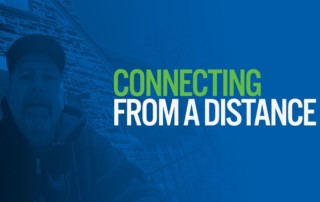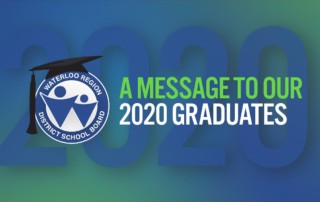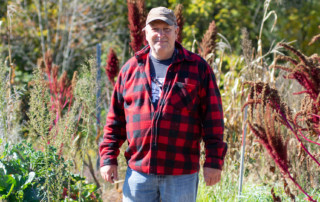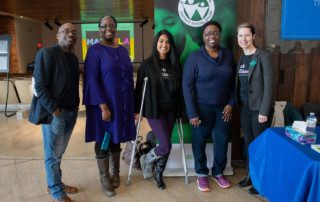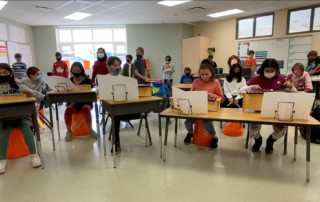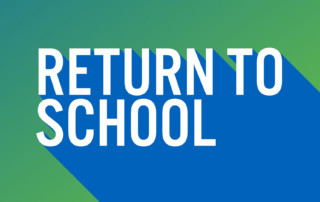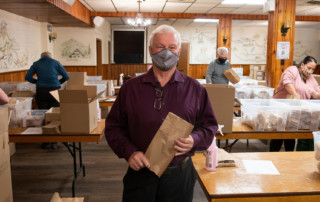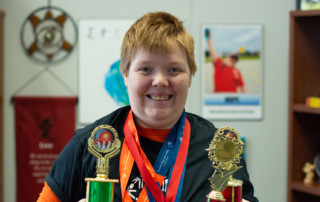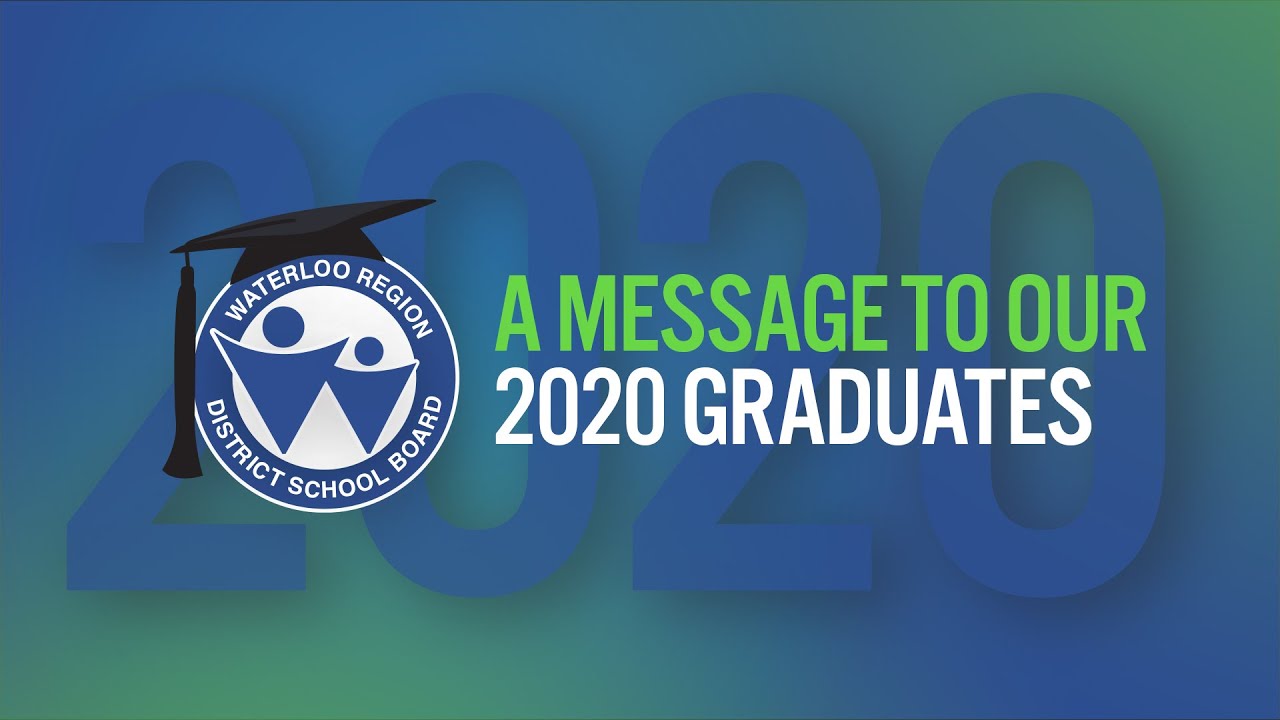Mathematics
Increase the percentage of students achieving at provincial standard by 8 per cent yearly on grade 3, grade 6 and grade 9 applied EQAO mathematics assessments for three years.
We believe mathematics is an essential skill vital to our students’ future successes. Through a variety of tools and teaching approaches, our teachers encourage students as they develop a deep understanding of math. Many of the strategies we have identified to support this goal are already well underway. See how far we have progressed on each of our goals.
Our focus on mathematics has not wavered in the face of unprecedented challenges to public education as a result of a global pandemic. Our educators continue to innovate and inspire when it comes to developing our students’ understanding of mathematics. We have highlighted the work of Aleda Klassen and Andrea Teichroeb, two math teachers who are innovating and adapting their approaches, with the support of their colleagues, to continue to inspire an interest in mathematics for our students.
Graduation Rates
Within 3 years we will increase our five-year graduation rate by 5 per cent through the implementation of an evidence-based K-12 strategy.
We want to support every student in reaching their potential and graduating. This support is being offered in many ways to meet a student’s individual learning needs. We have developed several strategies that are now in place to continue to improve our graduation rates.
In our video series, Connecting from a Distance, we heard from a number of educators who had adapted their teaching strategies following school closures in March 2020 to keep their students engaged in learning. From construction technology, to hairstyling and aesthetics, educators innovated to continue teaching and keep their students interested.
Even though we couldn’t come together to celebrate our graduates in the typical ways, we made sure they knew we were no less proud of their incredible achievements. In June 2020, we plastered Waterloo Region with our congratulations for our 2020 graduates. From billboards, to the radio, to the newspaper – our message was everywhere.
In the fall of 2020, our students and their families were invited to take part in virtual graduation ceremonies, customized for each of our 16 secondary schools. Each of our 4,216 secondary graduates was recognized at the ceremonies, which when completed, took up 1.6 terabytes, or more than 1600 gigabytes, is akin to that of a major motion picture.
From across our district, the WRDSB came together to celebrate our secondary graduates virtually – each and every one.
Well-Being
All students and staff will be supported and affirmed in the areas of cognitive, emotional, social and physical well-being with the acknowledgement of how these contribute to self and spiritual well-being.
We believe that a collaborative approach is needed to provide positive learning environments for all students. Our staff, families and caregivers are partners in every student’s learning journey. We have implemented strategies that support the well-being of all of our partners.
We embrace an attitude of care and support when it comes to our students and staff. In February, our staff helped to kick off Black History Month at the Waterloo Region Museum with members of the community and the senior team took part in the Polar Plunge, raising money to support the Special Olympics athletes.
This commitment remained as we adapted our system to the realities of COVID-19. We prioritized student well-being in our return to school planning, providing a variety of resources developed by WRDSB Psychological Services for families to support their children in this transition. We also prioritized student nutrition by working with a number of local organizations to help get food to those who need it, while respecting the new health and safety guidelines.

